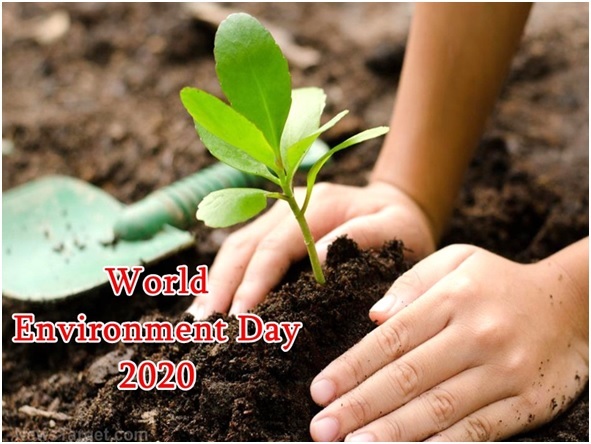World Environment Day is celebrated every year on 5thJune since 1974. The day is celebrated to spread awareness through engaging governments, businesses, celebrities, and citizens to focus their efforts on a pressing environmental issue. This year, the theme is Celebrating Biodiversity, a concern described as "both urgent and existential" by the Environment Day committee on its website. The world's communities need to come together to support environmental initiatives. It could mean starting as small as saving water at home, cleaning up garbage, planting trees, or simply reflecting the beauty of nature.

Climate change is one of the biggest global issues for humanity and the entire environment. The foods we eat, the air we breathe, the water we drink, and the climate that makes our planet habitable all comes from nature. Although half of the world’s oxygen comes from the ocean, and a mature tree cleans our air, absorbing 22 kilos of carbon dioxide, releasing oxygen in exchange. Oxygen decline is occurring in many of the world’s ocean due to human activities, which causes climate change has become a major threat to marine ecosystems and human life.
Unless we start implementing preventive measures to stop climate change, our future generations will be in great danger. It is the responsibility of every individual across the world and they should contribute to control climate change to make our world habitable.
In the wake of the global COVID-19 epidemic, the value of knowledge has also become evident. The advice of the epidemiologists has gone viral and doctors have been cast as the heroes. This may represent a turning point in the trend of the demise of the experts. We also need to listen to climate scientists and policy advisors to win the fight against climate change. Nature is sending us a message and teach us to accept our vulnerability to the high-impact shocks due to climate-related disasters including cyclones, earthquakes, and floods. This offers us the final chance to avoid a climate catastrophe and places us in an infinitely better position to prepare for such events.